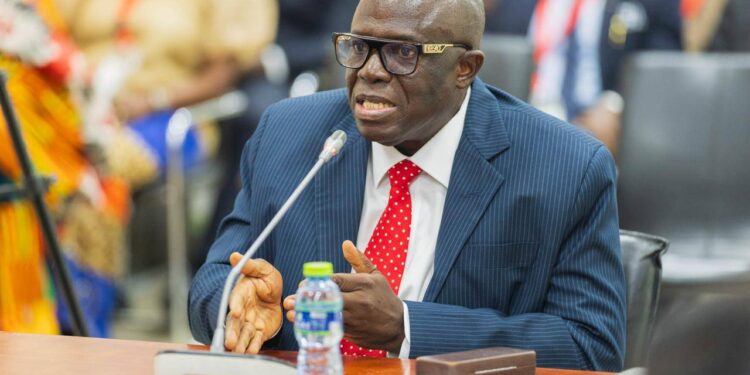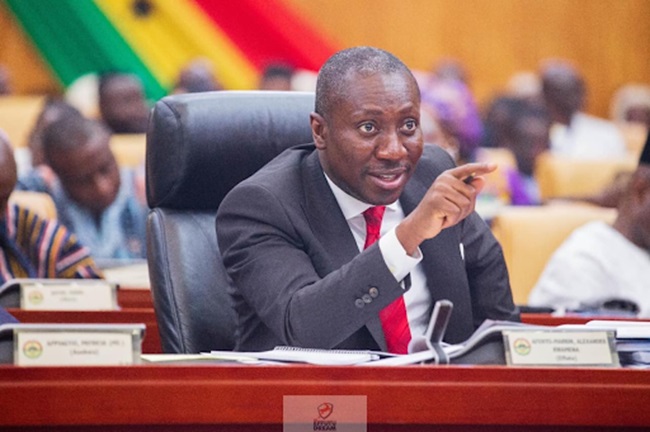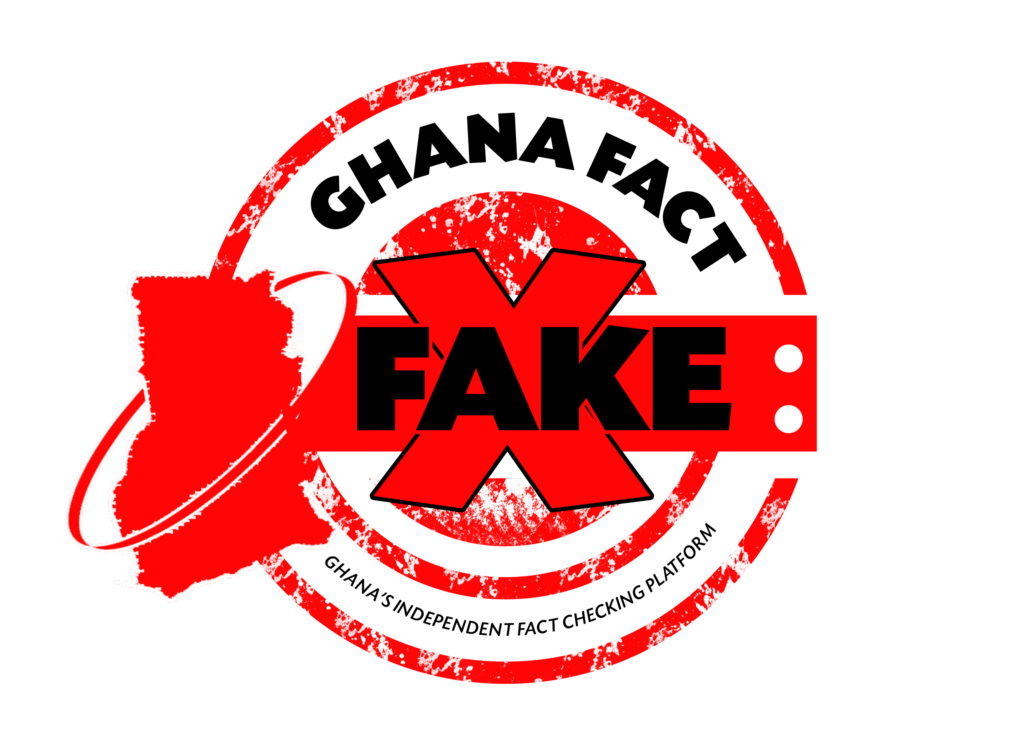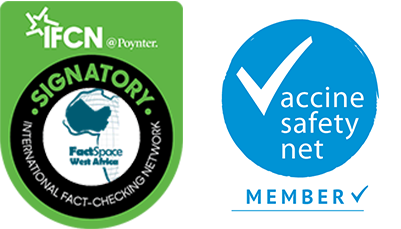A Justice nominee to the Supreme Court, Justice Sir Dennis Dominic Adjei, during his appearance before Parliament‘s Appointments Committee on June 16, 2025, expressed support for combating the spread of misinformation and disinformation through legal means.
The nominee, who is currently a Justice of the Court of Appeal, made the statement in response to a question on the emergence of artificial intelligence and the spread of fake news.
Question
Anthony Mmieh, Member of Parliament for the Odotobri Constituency: “Would you support the criminalisation of misinformation, disinformation and the posting of or setting up of fake accounts? Would you support that?”
Answer
The Supreme Court nominee said: “Yes, please, because if you do it ordinarily, it is an offence. And therefore, if you transpose it to social media, it should be an offence.”
Question
“Now, don’t you see such a legislation as a threat to free speech?”
Answer
“No, please. Ghana, we have the Communications Act. The Communications Act has criminalised some acts. For example, if you want to expose the nudeness of somebody, you are saying something prejudicial to the security of the state, and you do it on social media. If you do it in the country physically, it is an offence. And therefore, if you do it on social media and it is an offence, it is not an extension of anything.
“Assuming it is not an offence if it is done within the jurisdiction and you do it on social media, and we are criminalising it, that will be wrong. But if you do it in Ghana physically, it is an offence. So, wherever you do it, it should be an offence,” he stressed.
Justice Adjei is one of the seven justices nominated by President John Dramani Mahama to be considered as justices of the Supreme Court. Once approved by Parliament, the president swears them in as new members of the apex court.
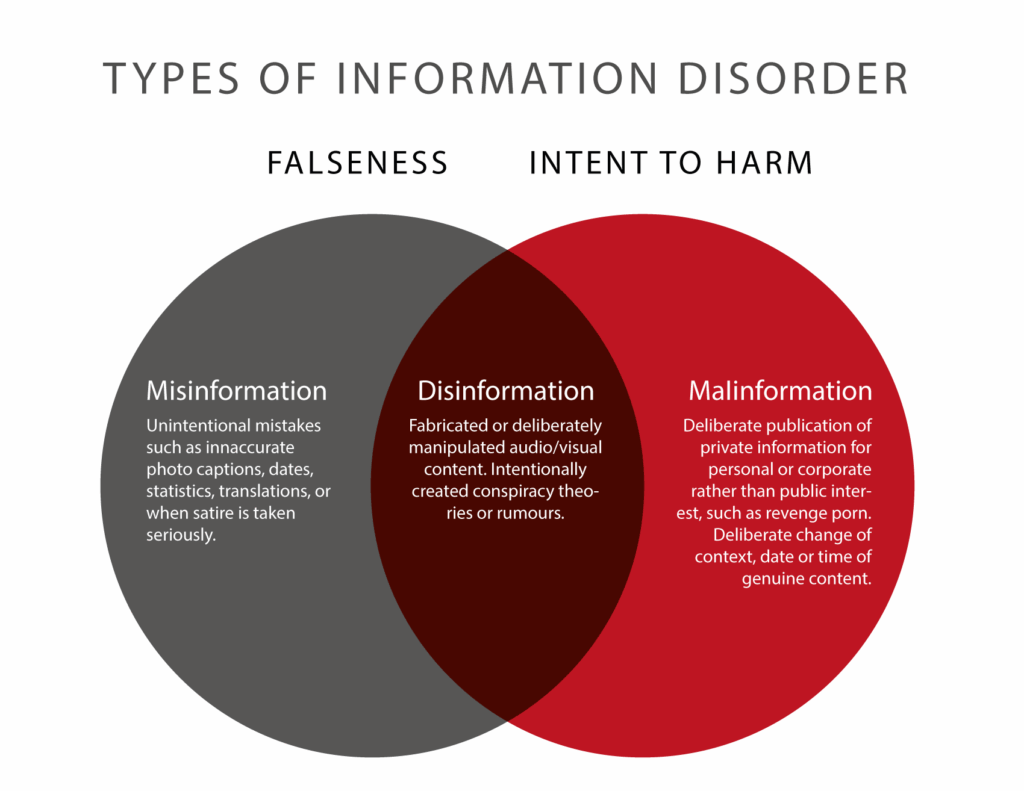
The subject of a law to combat the spread of fake news has become topical in recent months.
Although the Communications Minister has hinted at a law to curb misinformation and disinformation, media rights activists have warned of the potential for the law being exploited and misused.
The groups cited vagueness in existing laws, such as the Criminal Offences Act 160 (Act 29), the Electronic Communications Act, 2008 (Act 775) and the Cybersecurity Act 2020 (Act 1038).

